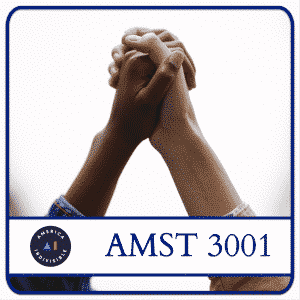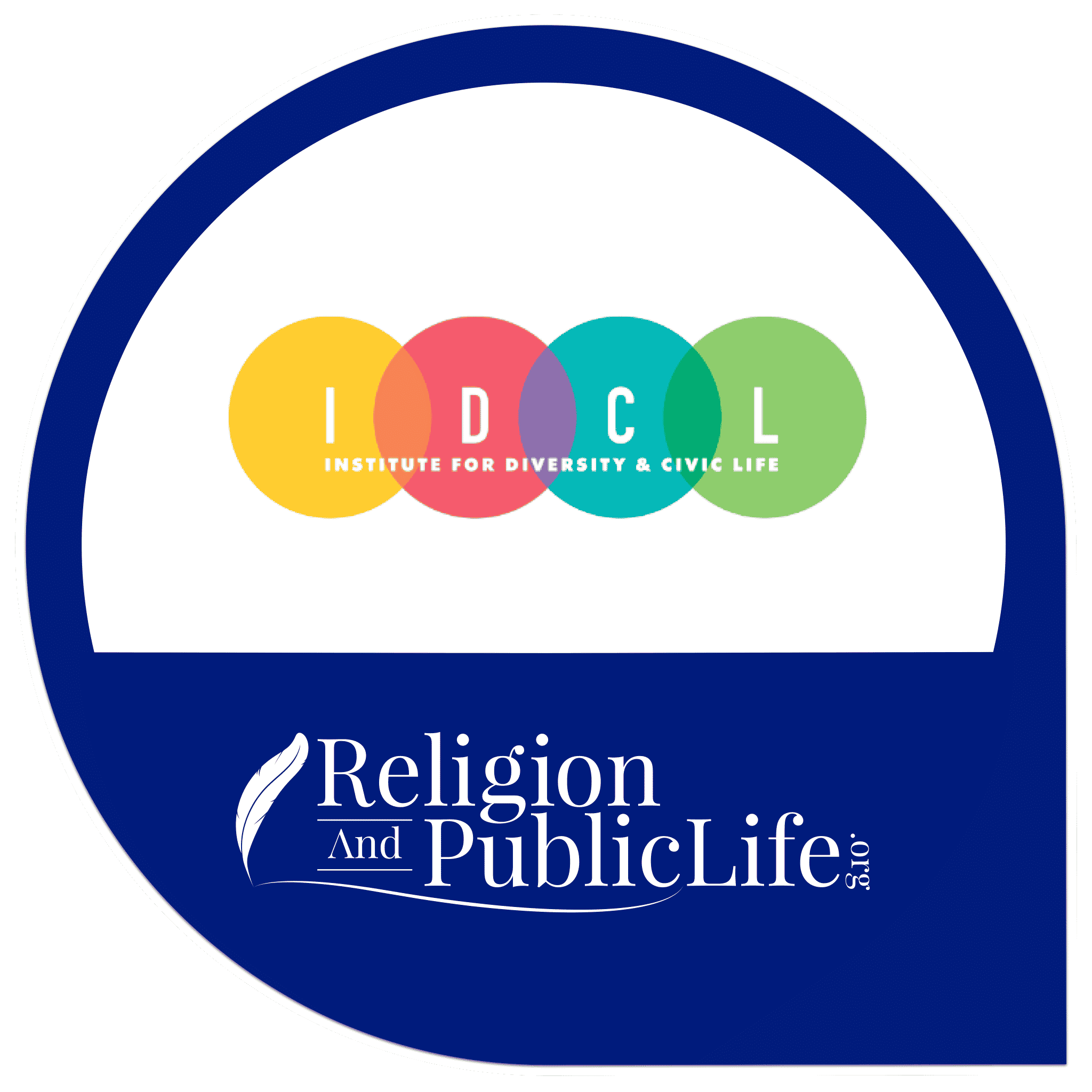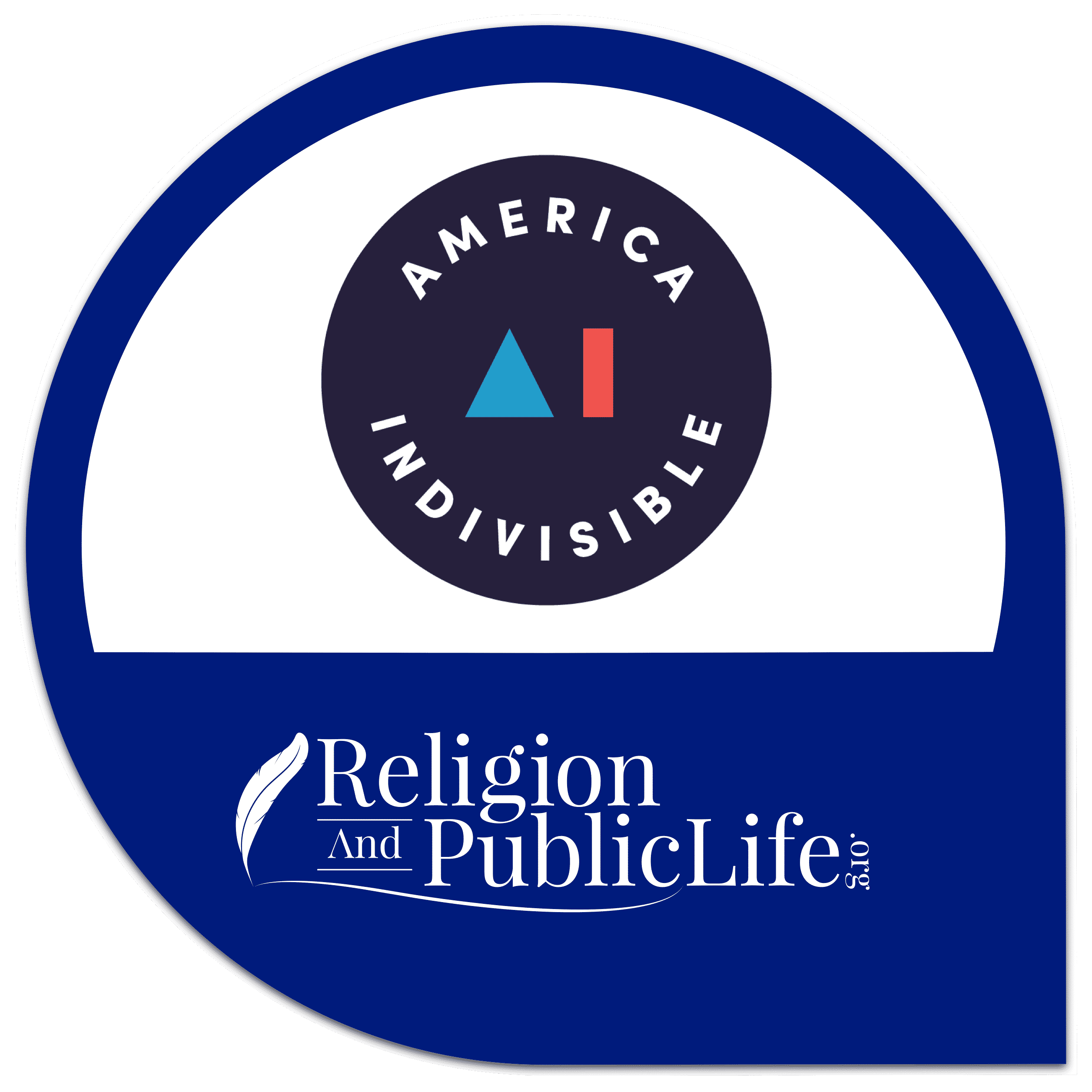Description
By successfully completing this course you will:
- Understand the ways anti-oppression language and approaches inform the field of oral history;
- Analyze the ethical approaches used in oral history and the importance of sharing authority;
- Evaluate foundational projects in the field and detail the best practices that will later inform your own methodology; and
- Develop a critical lens for thinking about historical narratives and consider the significance of amplifying historically excluded voices.
Syllabus
- 302. W – Watch videos about oral history’s relationship to social justice.
- 302. I – Interact with retention games to build your confidence as a researcher.
- 302. S – Study with leading experts on oral history and social change.
- 302. E – Engage your colleagues and share your insights.

 AMST 3001 Understand Racialized Anti-Muslim Bigotry
AMST 3001 Understand Racialized Anti-Muslim Bigotry  INTL 1203 Freedom for Religion
INTL 1203 Freedom for Religion 





